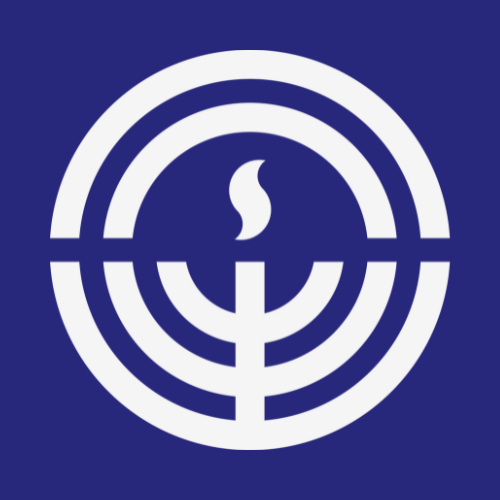“Stories are Memory Aids, Instruction Manuals & Moral Compasses”
Michele Kaplan Clinard, a member of Harry Kay Leadership Institute’s Cohort 11, reflects on her experience in Israel.
Our group has had an incredibly meaningful trip together – it’s been truly transformational. We have experienced all of the emotions over the past 10 days – the sadness, complexities, joy and so many thought-provoking conversations. What has remained consistent throughout these encounters and conversations has been the act of storytelling – people sharing their memories, their feelings, and their vulnerabilities.
Memories and the retelling of these memories go hand-in-hand. We learn to do this from a very early age. It’s how we educate our youth, instill our values and build the future we seek. Northwestern University professor, Rives Collins, said, “Storytelling is amongst the oldest forms of communication. Storytelling is the commonality of all human beings, in all places, in all times.”
Like every day of the trip, today we met with people who generously shared more stories with us. We started the day with Noam K., a volunteer who guides visitors through Hostages Square (Kikar HaHatufim). The Square developed organically in the days after October 7th as a way for the families and friends of the stolen hostages could organize themselves and show their presence directly across from the IDF’s headquarters (the Kirya). Since its inception, it’s a place that thousands have visited in order to express their support, solidarity, protest, and bear witness by hearing stories about individual hostages. Those sharing the stories hoped that those listening would be able to do something to help their loved ones get released from captivity.
Noam shared his family’s October 7th story with us as well. Prior to that day, he and his wife had been living in Moshav Nativ HaAsara, a moshav located about 100 meters from northern Gaza, for about 10 years.
That morning, he, his wife and their two young children, were woken up at 6:30am by the sirens alerting them to incoming rockets. Once they also heard shooting and read the neighborhood WhatsApp group, they quickly realized that this day’s warnings were different. Long story short, they spent the next 12 hours in their Mamad (safe room) and when they felt it was safe (relatively speaking), they loaded up the family car with enough belongings for their family for a couple of days, drove out the back exit of the moshav and headed north to Tel Aviv. They are still living in Tel Aviv and plan to be there for at least the next year.
Noam also shared stories of several hostages as we walked by each art installation. Each story was more heartbreaking than the next.
In the afternoon, Jessica Steinberg, Culture Editor for the Times of Israel (TOI) met with us – she had achieved a bit of celebrity status for those of us who hear her regularly hosting TOI’s daily podcast, “The Daily Briefing.” She shared what it’s been like pivoting from “soft” news to her current assignment of covering the hostages and their families.
She told us about some of her experiences, noting that the hostage families and those who’ve been released have had to shift how they tell their stories in order to keep their plight front and center as news cycles move on. She also shared that her work with these people have taught her more in the last 18 months about how to listen and tell stories than she’d learned in the previous 30 years of her career.
Memories are created in part due to our experiences, but when there’s a story that accompanies that experience, I think the experience is that much more influential on our lives. The communication of information and the method in which that information matters. As a leader in my workplace, I often say that it’s not the “what” that matters as much as the “how.” Laura Holloway, Founder and & Chief of the Storyteller Agency, says, “Storytelling offers the opportunity to talk with your audience and not at them.”
This trip has been so meaningful in part because of the stories shared with us. They will be incorporated into the many strong memories we’ll take with us long after returning back to our community. We now have the opportunity to share these stories with others, participating in the rich tradition of transmitting Jewish values through this story telling.
On the eve of Yom HaZikaron, I know that I will move forward from the this trip, with these stories imprinted on my heart and folded into who I am.
—
Title quote by Aleks Krotoski

